Keywords: Care
There are more than 200 results, only the first 200 are displayed here.
-

ECONOMICS
- David James
- 28 October 2022
Who wields the most power in the world? If one follows the money trail, it becomes clear that Western societies have become ruled by a new type of aristocracy: a management aristocracy.
READ MORE 
-
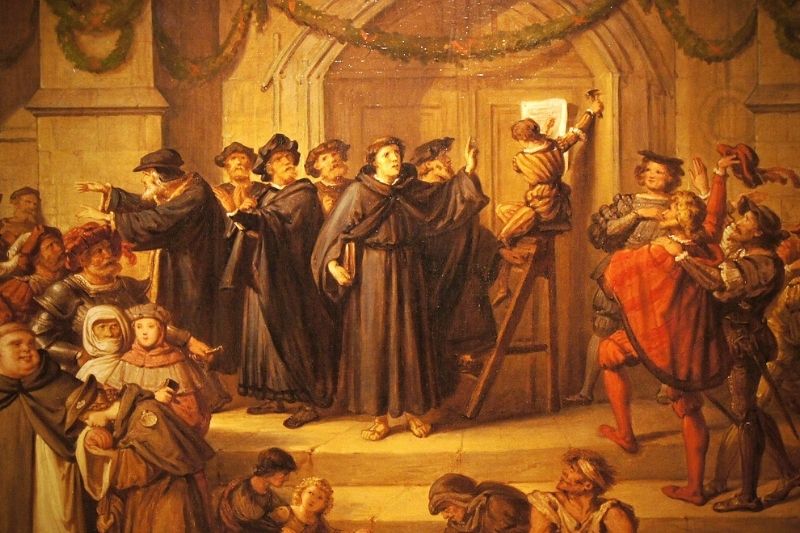
RELIGION
- Andrew Hamilton
- 26 October 2022
10 Comments
What would the world have been like today if the Reformation had not happened? Would it really have been a better Church and a better world? And how, indeed, can we evaluate these enormous historical events?
READ MORE 
-
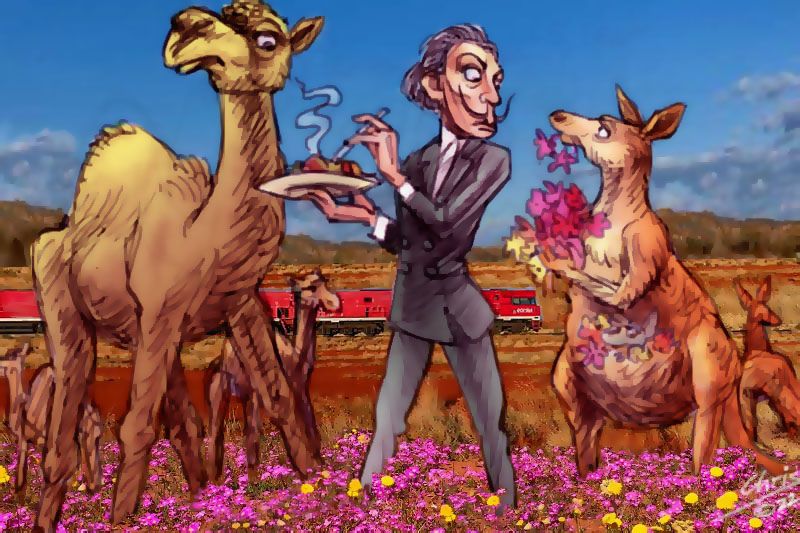
ARTS AND CULTURE
- Barry Gittins
- 25 October 2022
When Kenneth Hugh Gittins is in the room and crash-tackling the conversation, well, eat your heart out Salvador Dali and Walter Mitty. Conversations turn surreal, fact-checking expeditions run aground. A charming teller of truths and tales (some tallish and some Himalayan), this rustic raconteur has perplexed many an audience or congregation and delighted many a grandkid and great-grandkid with his reminiscences.
READ MORE 
-

AUSTRALIA
- Juliette Hughes, Kathy Chambers
- 20 October 2022
10 Comments
With very little public debate or consultation, Victoria has repealed almost all laws relating to prostitution. Alone among all recreational activities, sex for payment is now unrestricted, even regarding health and safety. If we really care what happens to people, what place does sex work have in our society?
READ MORE 
-

AUSTRALIA
- Barry Gittins, Tim Costello
- 07 October 2022
1 Comment
Reverend Tim Costello's informal status as a nagging conscience to many Australian governments, including the Howard government in which his brother Peter served as federal treasurer, was formally acknowledged when the National Trust of Australia chose him as a ‘National Living Treasure’. Barry Gittins speaks to Tim Costello about the nature of power, and its place and exercise in public life.
READ MORE 
-

AUSTRALIA
- Sarah Klenbort
- 03 October 2022
4 Comments
Assessments serve a valuable purpose: they give us a way to measure what students are learning. The problem is, they don’t seem to be learning. According to the Australian Council for Educational Research, recent results confirm that Australian 15 year-olds continue to show significant declines in math, reading and science when measured against their international counterparts. Australian students are learning less, and at the same time, never have we seen such an emphasis on assessments in schools.
READ MORE 
-

AUSTRALIA
- Andrew Hamilton
- 21 September 2022
1 Comment
July marked the tenth anniversary since offshore refugee processing was introduced in Australia, a step that marked a change in Australian policy from an uneasy balance between respect for people in need and the pressure to deter further arrivals. The principle of deterrence is deeply corrupting because it is based on the conviction that it is acceptable to punish one group of people in order to deter others.
READ MORE 
-
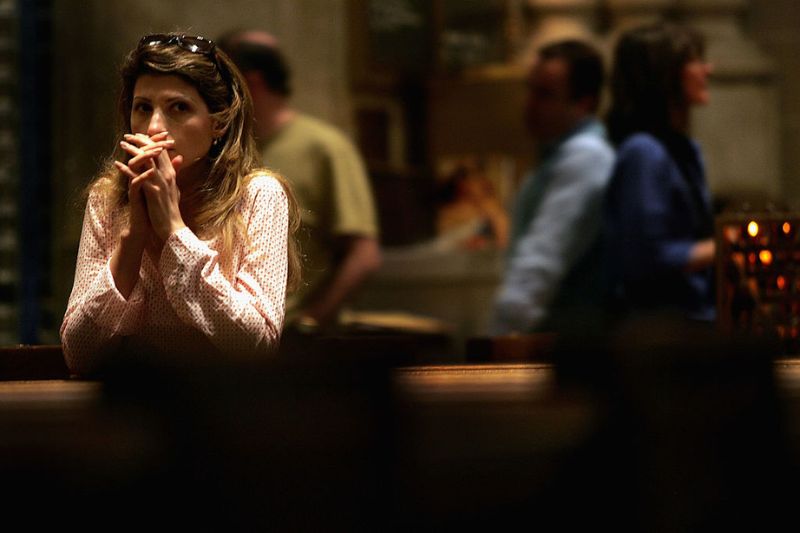
RELIGION
- Terry A. Veling
- 20 September 2022
5 Comments
The beauty of questions is they remind us that we do not know, even as they lure us into their openness. Questions are rarely ever closed or settled. Honner’s books are built around questions. ‘If God made the world, who made God?’ Or, leaving behind pure speculation, ‘Why doesn’t God answer my prayers?’ These are deep mysteries, but they are not meaningless mysteries, Honner says.
READ MORE 
-
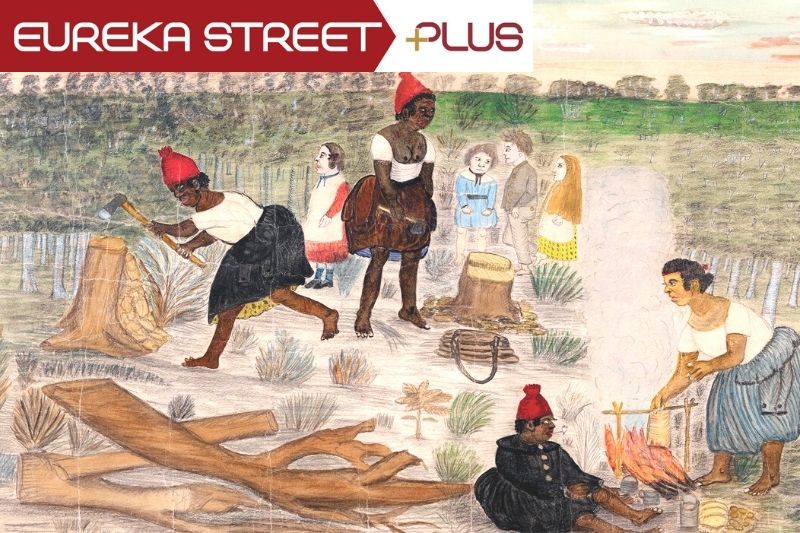
ARTS AND CULTURE
- Andrew Hamilton
- 16 September 2022
1 Comment
Joel Birnie’s short and admirable book provokes reflection both on what should have mattered in the relationships between colonial invaders and Indigenous peoples in the nineteenth century and on what matters in the relationships that constitute Australia today.
READ MORE 
-
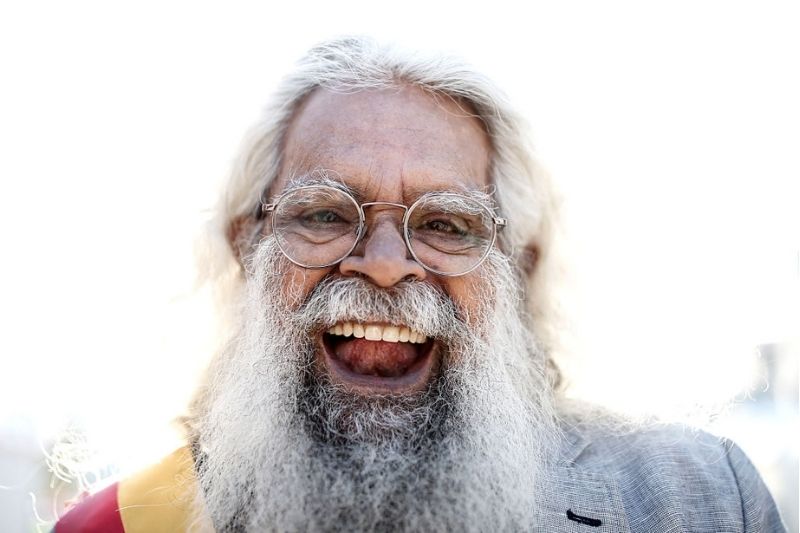
AUSTRALIA
- Arnold Zable
- 14 September 2022
6 Comments
I am deeply saddened at the passing of inspirational actor, storyteller, artist, potter, musician Uncle Jack Charles. I loved him. I was one of the many who loved him. He was a gentle, loving, big-hearted man, despite it all. Because of it all. He triumphed over institutional racism, the legacy of colonialism, and the immense suffering, fragmentation, and trauma it left in its wake.
READ MORE 
-

FAITH DOING JUSTICE
- Michael McGirr
- 09 September 2022
5 Comments
The Way had been a community of homeless people, built around difficult but wonderful characters. It taught me more than I can easily say. It was a world where things were not always as they seemed and people did not fit into little boxes. We had many challenging days and relationships with our guys were seldom easy, but there was an energy that found light in unexpected places.
READ MORE 
-

AUSTRALIA
- Andrew Hamilton
- 06 September 2022
3 Comments
The policy of the Labor Government can be described as steady as she goes. This does not mean that it will simply follow the policies of the previous government. Its reading is that the ship of state has been becalmed, responding haphazardly to the political winds with no sense of direction or destination. It had become the ship of fools. The new Government then has committed itself to show that there are captain on board and a competent, disciplined crew that can work together.
READ MORE 